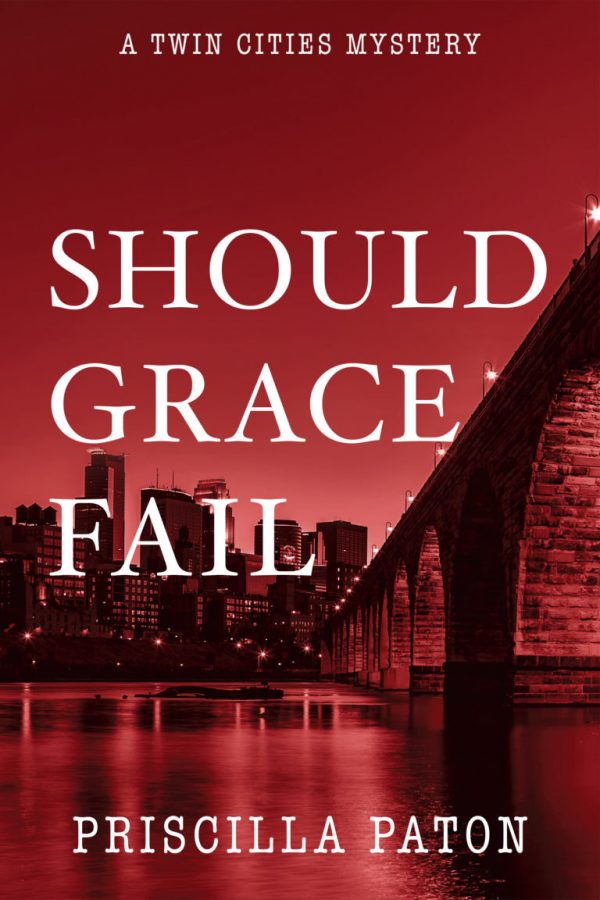Concerns surrounding social justice surged this summer, and discussions about how to address the problems many minority communities in the Twin Cities area face became a hot button topic. Twin Cities murder mystery novelist Priscilla Paton addresses the city’s social justice in her new crime novel “Should Grace Fail.”
In this edition to Paton’s Twin Cities mystery series she brings back recurring characters, detectives Erik Jansson and Deb Metzger, to take on a case about the murder of a former police officer who left the force under suspicion of police corruption.
Q: What drove you to write about crime?
A: My husband is a huge mystery reader and has been ever since we’ve been married. I’d read some, but then I was retiring from teaching about the time the “Girl With the Dragon Tattoo” series came out. Scandinavian noir became very popular. My husband grew up in La Crosse, Wisconsin but was born in St. Paul [and] has family in this area that descended from Norwegian immigrants. They were very big into reading the Scandinavian noir. I began making fun of them. I would say, “Let me guess? The detective is emotionally damaged? Someone in the family has died horribly? Their personal life habits are terrible?” I was not totally respectful. I was alert to the formulas, but also I was maturing and what that meant was that reading at night has to get a little more exciting to stay awake. I transitioned at that time to reading a lot more mysteries. In my arguments, people would always say, “Why don’t you try and write one?”
Q: Why base the plot in Minneapolis?
A: To tell you the truth I wanted an excuse to explore the Twin Cities more. I did not want to write a small town mystery. I wanted more anonymity and I really liked the Twin Cities because there is a lot of nature in them too. I like a lot of outdoor scenes. The cities kind of do fit the noir style I was playing with. I was also inspired by other Minneapolis authors, John Sandford and Matt Goldman.
Q: How does history play a role in your novel?
A: You may start with a real event but then it gets in the way with fiction. If you try to stay true to a real person, it gets in the way of the fiction. There were some crimes against women. I think one woman was murdered by a man that she thought she was helping to a better life. In real life it was way worse than it turned out in my book. In real life, the women often ended up being murdered.
Q: What are some real-life Twin Cities locations included in the story?
A: The [Hazelden Betty Ford] rehab center, I think their festival is called Hazelfest. It’s a big fundraiser and music fest where the proceeds go to Hazelden programs to help people with addictions and alcoholism. I used Hazelfest as one of my inspirations. To be honest, I would spend a lot of time on Realtor.com to look up neighborhoods and I do go and drive around. I discovered Betty Danger’s [restaurant] when driving around, and that name was too good to ignore.
Q: How did you plan out what to research?
A: You do a lot of research and most of it doesn’t make it into the book. It gives you an understanding. For the book I’m working on now, I’m looking into redlining and zoning in the Twin Cities, which has been an issue. I was aware when writing “Should Grace Fail” which neighborhoods were considered wealthy. I even went to the Stone Arch Bridge twice and two key scenes in my book happen there.
This interview has been lightly edited for style and clarity.








